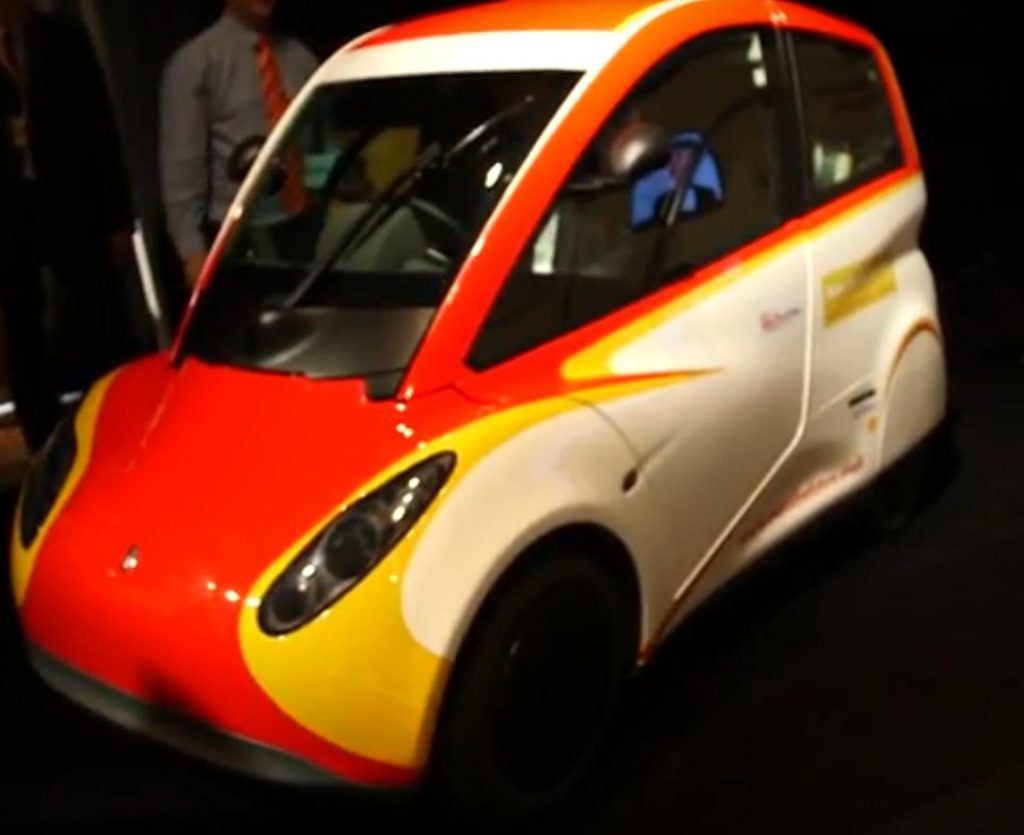
Catchphrases like Dieselgate or defeat devices shape current debate on diesel engines, and the combustion engine’s future is called into question.
Which diesel and petrol engines are future-proof, reflecting the spirit of sustainable, low-emission mobility? What role can the transport sector play in reducing greenhouse gas emissions by circa 40 per cent by 2030 with a view to ensuring climate protection?
The more stringent fleet target of 95g CO2/km for all newly registered cars from 2020 is a significant driving force in attaining this goal.
This measure and further provisions on CO2 reduction in cars and lightweight commercial vehicles increase market pressure on the automobile industry, heightening the need to innovate.
The key focus of debate is “decarbonisation” of the transport sector and to switch to alternative technologies, power trains and fuels. At the 15th International Congress “Fuels of the Future”, which will be held from 22nd to 23rd January 2018 in Berlin, experts and participants will engage with this differentiated raft of topics.
Given the tight time-frame, the entire automotive industry faces enormous challenges in implementing the requisite improved drive technology to comply with CO2 limit values while simultaneously taking consumer preferences into account.
Participants from the world of politics, science and research, business and environmental associations will present their positions and strategies for responding to climate protection challenges that arise in this context, and will identify potential future pathways for the automotive industry that incorporate viable options for system integration.
Alongside technical optimisation of combustion engines in combination with electrical drives (hybridisation), fuel decarbonisation must play a major role if climate protection objectives are to be achieved within the stipulated time-frame.
Recommended for you
